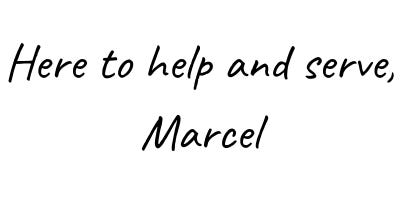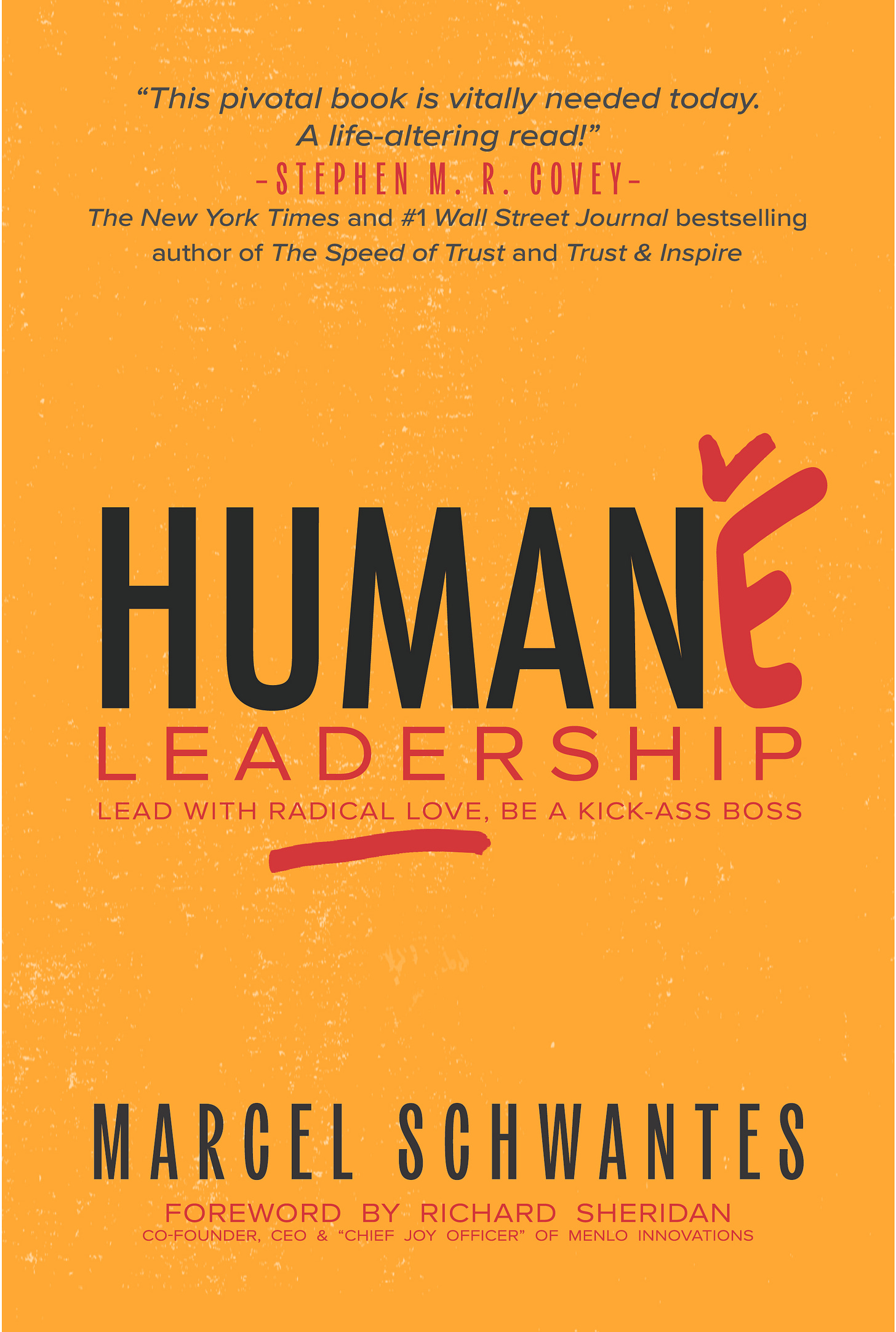If You Make This Behavior a Practice, Your Leadership Skills Are Probably Better Than Most People's
It's not a trait that every business leader naturally possesses, but it could be a game changer.
This week kicks off a five-part series on the leadership framework I present in my upcoming book: Humane Leadership: Lead With Radical Love, Be a Kick-Ass Boss. The evidence-based principles of Humane Leadership are designed to create workplaces where leaders lead with authenticity and confidence, inspire radical and practical love, and drive exceptional performance.
Today’s post is about patience. Patience in leadership means understanding that progress takes time. It’s about creating an environment where team members feel supported through their growth and challenges. A patient leader isn’t quick to judge or act in haste. They lead with calm and clarity, allowing space for reflection and innovation and fostering long-term success without rushing the process.
If you’re joining me for the first time - welcome! You’ve arrived at a place dedicated to helping you grow as a leader. To get started, click the red button below, and I’ll do everything I can to provide you with insights, tools, and pathways to help you lead with greater clarity, impact, and care.
We live in a society that values immediate gratification. At work, we negotiate for what we need to get our work done to meet demanding deadlines and look good to our bosses. If we don’t get replies to our urgent emails and texts at our convenience, the impatience meter rises, and so does our frustration level with others.
A “what have you done for me lately?” mindset has become culturally ingrained in all of us. We lack patience, and we demand things without much consideration for the needs and well-being of others.
That’s the bad news. The good news is we can do something about our lack of patience, because it may be costing us as leaders and business owners.
Giving the skill of patience a second look
Patience is not a behavior that every business leader naturally possesses or wants to develop, especially in a winner-take-all footrace to scale the business and beat the competition. Many leaders seek quick fixes and cannot wait for long-term strategies to bear fruit. Our fast-paced digital work environment does not help; it prizes hyper speed over everything else.
But here’s the thing: patience is a secret power, and it can help us steer through many of life’s trickiest challenges and uncertainties.
Dr. David Sluss, an executive educator at ESSEC Business School, has published compelling research on patience. He defines it as “the propensity to act calmly in the face of frustration and adversity.”
Sluss reminded me in a podcast conversation that patience is active, not passive. It’s behaving calmly in the face of adversity, not waiting calmly. There’s action behind it, but it’s thoughtful, conscientious action.
“Slow is smooth, and smooth is fast.”
In Sluss’ Harvard Business Review article summarizing his research, he used the example of the U.S. Navy SEALs, who live by the motto, “Slow is smooth, and smooth is fast.” Despite their need for rapid responses, these elite special-forces teams approach their missions with a surprising degree of methodical patience in planning and execution. With over 60 years of experience in high-pressure situations, they’ve discovered that working deliberately and smoothly actually minimizes errors and the need for do-overs, ultimately accelerating the mission.
Sluss wrote that leaders must understand the difference between operational speed (moving quickly) and strategic speed (reducing the time it takes to deliver value). This hinges on clearly defining what “delivering value” means from the outset.
The takeaway
Patience is a skill I wish more leaders practiced and took seriously. It helps you to slow down, process, gather information, and rethink when things are snowballing out of control. It can also help you reframe to a more positive mindset, one where you can see that things will improve. And in a conflict situation with differing points of view, patience helps you see the innocence in other people during those really frustrating moments when you’d rather get your way. Remember the lesson: “Slow is smooth, and smooth is fast.”
Looking Ahead
Next week, we’ll explore the second principle of Humane Leadership: kindness.
Kindness in leadership isn’t about being soft; it’s about being genuine. A kind leader is one who shows empathy and actively listens, building a foundation of trust and collaboration. By leading with kindness, leaders create a work environment where employees feel valued, respected, and motivated to perform at their best.
Available for pre-order on March 15, Humane Leadership offers a fresh, compelling vision for what it means to be a kick-ass boss—one who leads with empathy and integrity, all while achieving outstanding business success. This book is a must-read for anyone looking to revolutionize their leadership style and create a workplace culture that attracts top talent and fosters lasting loyalty.
If you’re joining me for the first time - welcome! You’ve arrived at a place dedicated to helping you grow as a leader. To get started, click the red button below, and I’ll do everything I can to provide you with insights, tools, and pathways to help you lead with greater clarity, impact, and care.
For those ready to go deeper, here are a few ways I can support your leadership journey:
🎙️Listen to the Love in Action Podcast: Join deep, engaging conversations with top business experts and explore how practical love and care are great for people and profits. Listen on Apple Podcasts, Spotify, or your favorite podcast app.
🛠️ Curious About Coaching? Become a Substack Founding Member and receive two 30-minute, one-on-one coaching sessions. It’s a practical, low-commitment way to explore how coaching can support your leadership growth.
🚀 Leadership Coaching: Most coaching focuses on what leaders do - but real change starts with who you are. My coaching helps you build deep self-awareness, expand your influence, and create meaningful, lasting impact. Schedule a 30-Minute Discovery call to learn more.







